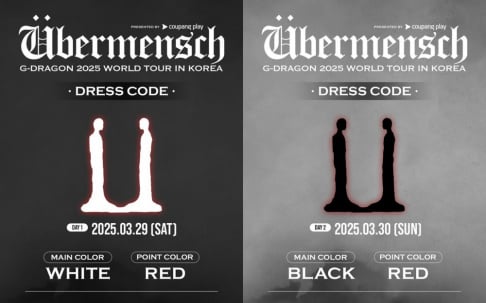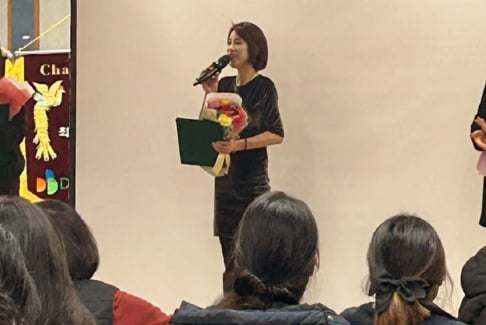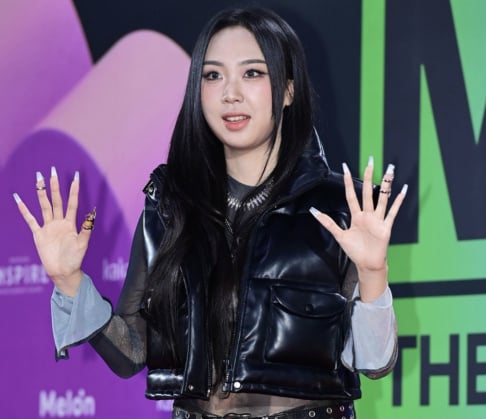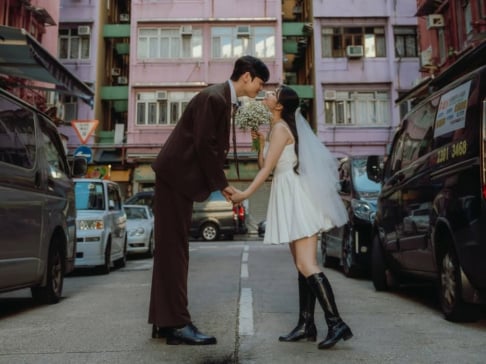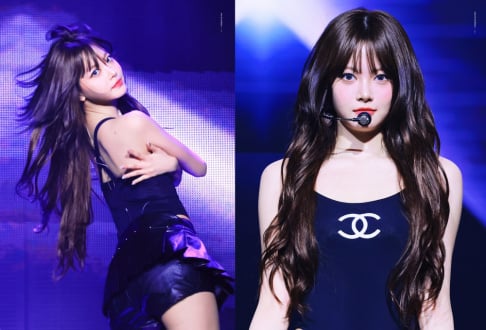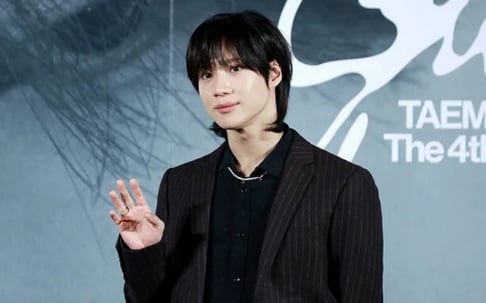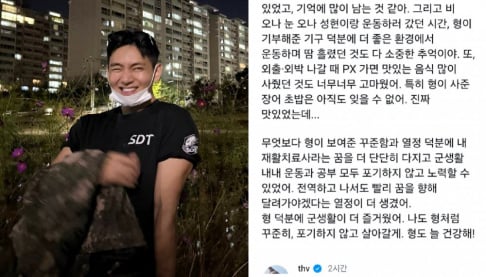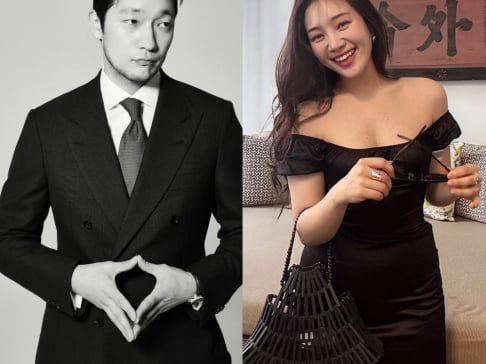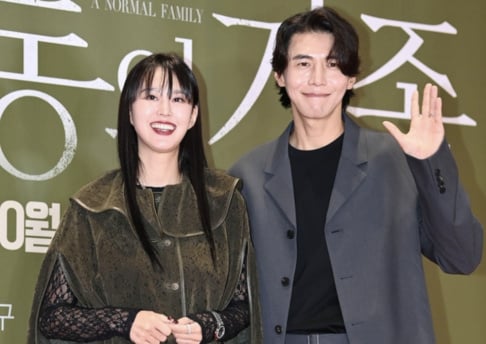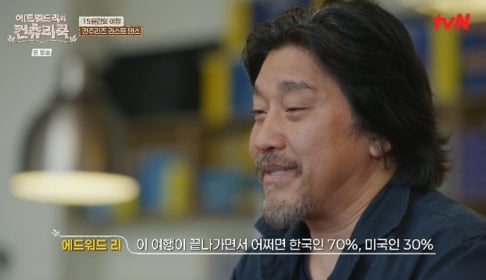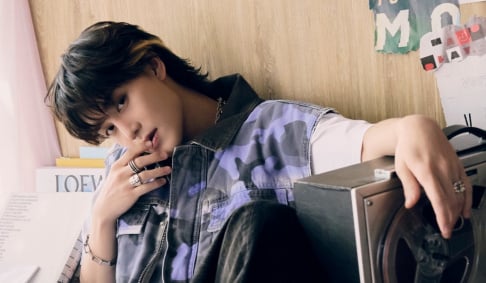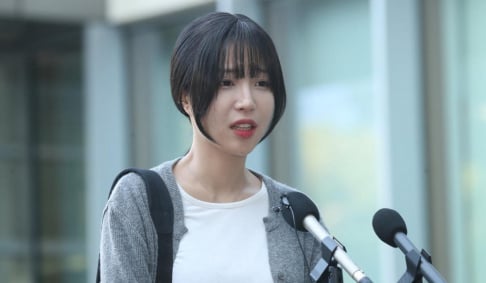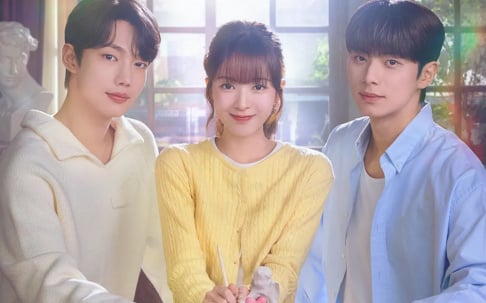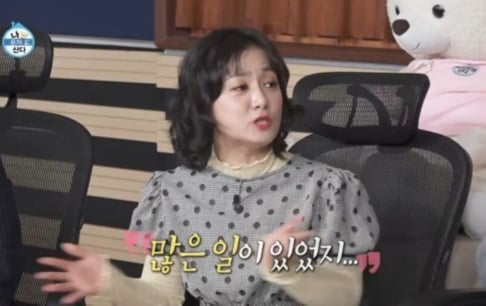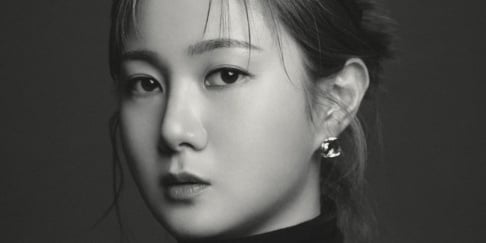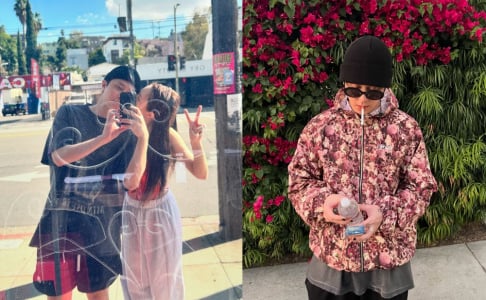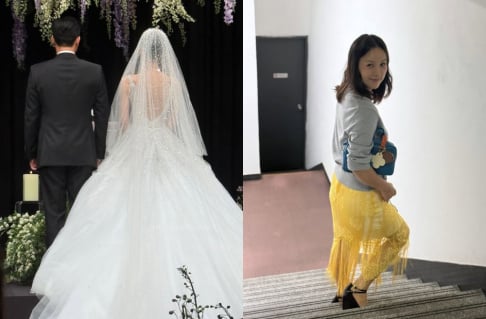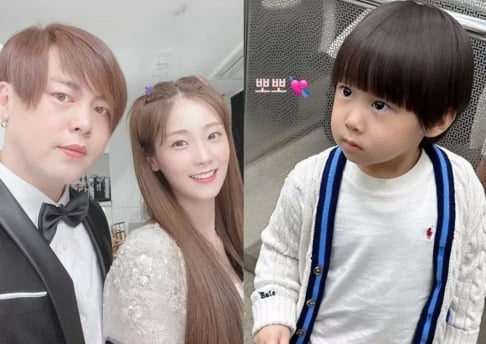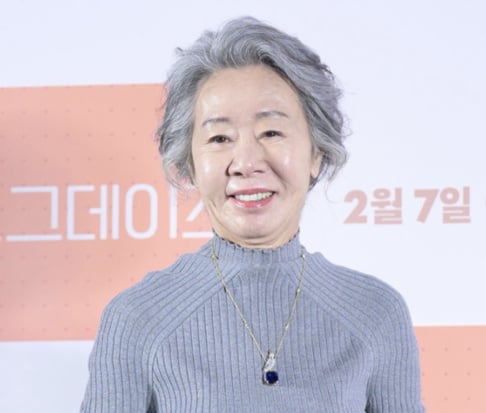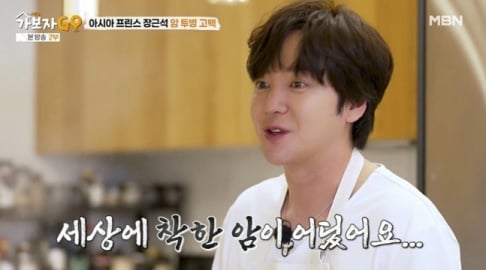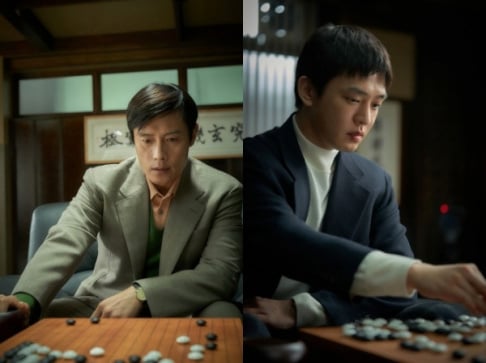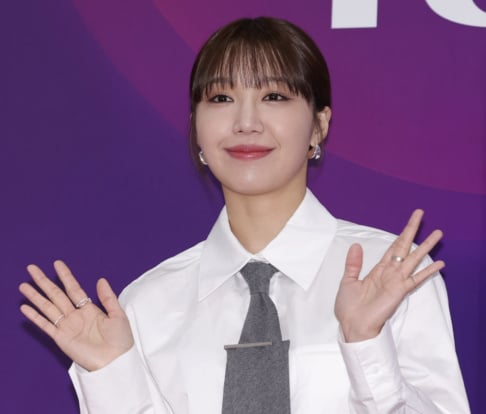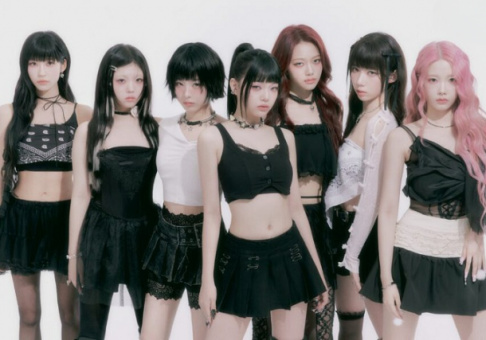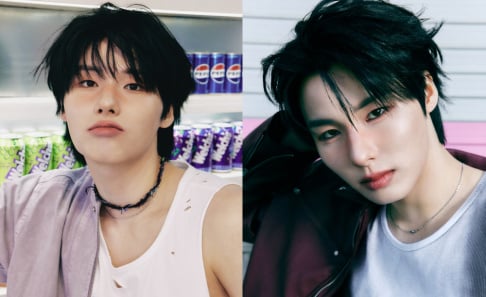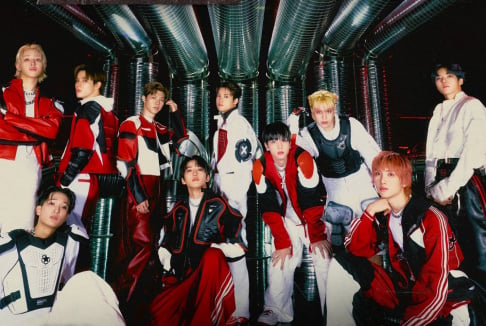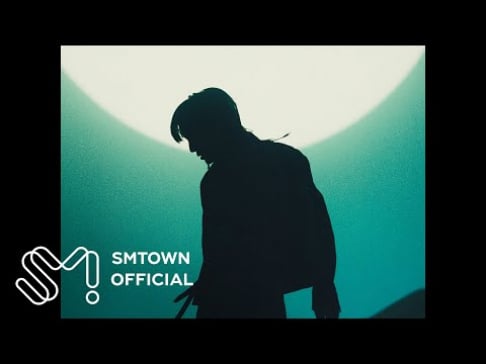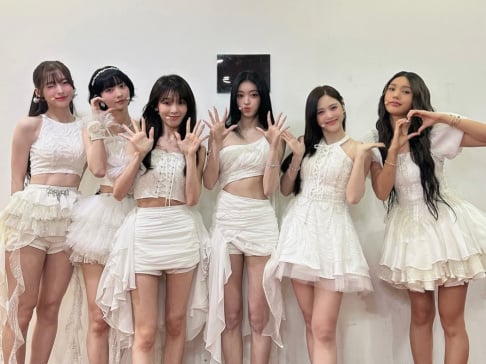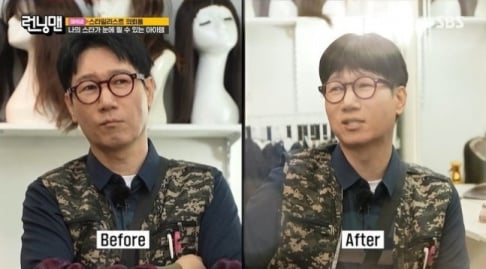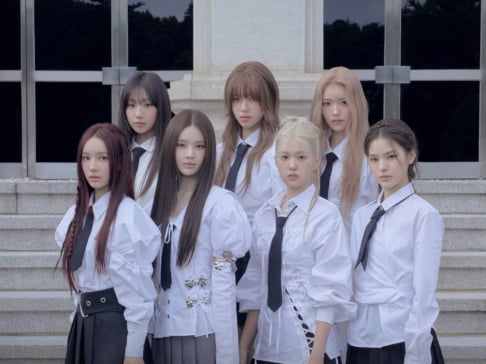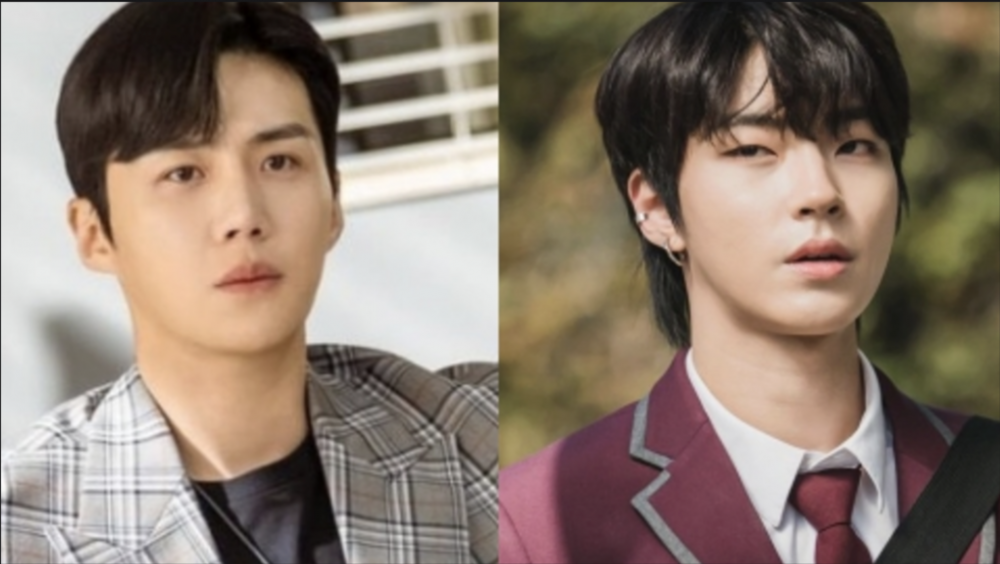
Let's be honest—if you've ever watched a K-drama, you've probably experienced the emotional rollercoaster known as "Second Lead Syndrome." But what exactly is this bittersweet phenomenon, and why does it resonate so deeply with fans around the globe?
"Second Lead Syndrome" refers to that heart-wrenching situation when viewers become deeply attached to the second male or female lead, secretly (or not-so-secretly) rooting for them to win the main character's heart. But as we all know too well, this usually ends in emotional devastation as the second lead rarely gets their happily-ever-after.
One unforgettable example that had everyone in emotional turmoil was "True Beauty," where the charismatic, motorcycle-riding Han Seo Jun stole countless hearts, leaving fans passionately hoping he would end up with Lim Joo Kyung. Another legendary case was "Start-Up," where the incredibly charming, supportive, yet lonely Han Ji Pyeong became the internet’s favorite, even sparking online movements advocating for him to win Dal Mi’s affection. And who could forget the shockwave from "Reply 1988" when viewers were thoroughly convinced Deok Sun would choose Kim Jung Hwan, only to see her marry Choi Taek instead?
But why exactly do we, as viewers, often gravitate toward these second leads rather than the main characters?
One compelling reason is relatability. Second leads often portray more realistic, nuanced emotions. Take Kim Jung Hwan from "Reply 1988." He quietly loved Deok Sun for years, but due to missed chances and his selfless nature, he never confessed. His famous "if only" monologue resonates because almost everyone has experienced similar moments—those painful "what-ifs" in love.
Another factor is idealization. Second leads often embody qualities we deeply admire or desire in a partner. Han Ji Pyeong from "Start-Up" is intelligent, successful, empathetic, and always acts in Dal Mi's best interest. Despite his outwardly cold demeanor, he's genuinely caring—traits that viewers naturally find attractive and desirable.
Finally, there's the emotional draw of rooting for the underdog. Seeing these second leads face rejection, loneliness, or emotional struggle ignites our protective instincts, making us feel they genuinely deserve happiness. By rooting for them, we feel as if we're giving them the emotional support and love they deserve, even if only symbolically.
This phenomenon has created a unique culture within K-drama fandoms, where viewers bond over their shared frustration and heartbreak, advocating passionately for second leads. And no matter how often we experience it, the "Second Lead Syndrome" continues to captivate and emotionally move audiences around the world.
So, have you experienced the Second Lead Syndrome? Which K-drama second lead captured your heart the most?
SEE ALSO: Singer Lee Young Ji cancels schedule due to illness, shares update from hospital
 SHARE
SHARE
